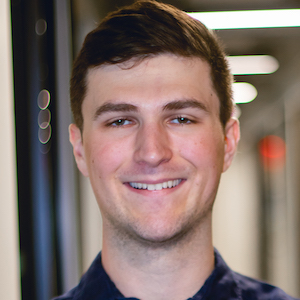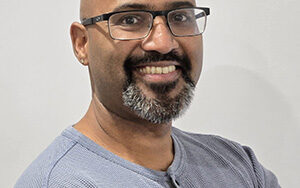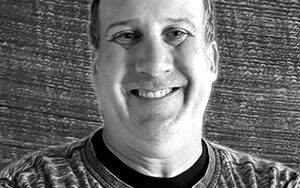Sam Gavis-Hughson if BytebyByte discusses technical interviews. Felienne spoke with Gavis-Hughson about how to prepare for the dreaded ‘whiteboard interview’ and how to get better at doing interviews. They also discussed the interviewer side of things: how to conduct these interviews yourself and how to improve that.
Show Notes
Related Links
SE Radio theme: “Broken Reality” by Kevin MacLeod (incompetech.com — Licensed under Creative Commons: By Attribution 3.0)






I enjoyed this one a lot. Great questions and follow ups by Felliene (?) the interviewer.
Good interview on an incredibly important skill for engineers and folks trying to build teams. Conducting interviews is a science and consists of several skillsets unto itself. If you’re trying to organize a team to interview strategically it’s even harder.
I was disappointed that the section on unconscious bias was a little light. There’s a ton of resources out there to help your interview team understand what unconscious bias is, how it affects everyone, and how you can take some practical steps to counteract it.
Understanding unconscious bias WILL help your team to hire the best candidates!
Here’s just one example with some tips: https://www.shrm.org/resourcesandtools/hr-topics/talent-acquisition/pages/7-practical-ways-to-reduce-bias-in-your-hiring-process.aspx
Episode 412 focuses on what you should ask potential job candidates. You miss Episode 412 focuses on what you should ask potential job candidates. You missed some other good things to do: (1) ask the candidate what he or she is expert on, (2) ask to see some of the code they have written, and (3) asked to see examples of interfaces they might have designed. If you see their code, you can see how clear it is, how reusable it is, and a lot of other good information about the maintainability of their code. And if he or she must design user interfaces, you want to see if they have skills in that area. Many programmers do not know how to design a useful user face, and without it, people can’t or won’t use a program they wrote ed some other good things to do: (1) ask the candidate what he or she is expert on, (2) ask to see some of the code they have written, and (3) asked to see examples of user interfaces they might have designed. If you see their code, you can see how clear it is, how reusable it is, and a lot of other good information about the maintainability of their code. And if he or she must design user interfaces, you want to see if they have skills in that area. Many programmers do not know how to design a useful user face, and without it, people can’t or won’t use a program they wrote